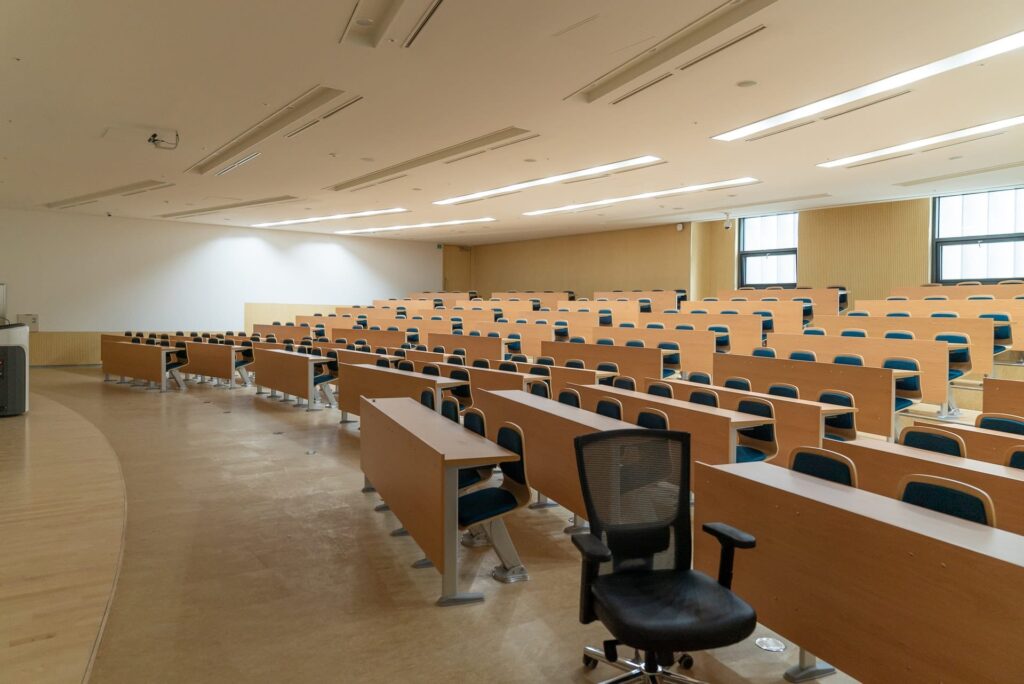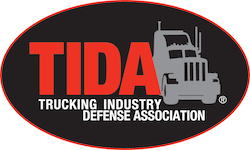Since the new school year began in late August, colleges and universities across the country have been reporting outbreaks of COVID-19, at times forcing the schools to pivot back to online instruction, send students home, and nix live attendance of events like football games.
According to a recent report by CNN, 36 colleges have reported at least 8,700 new cases since reopening campus, including staff and students. More are sure to roll in as higher education institutions struggle to balance the virtues of in-person learning and the campus experience against health and safety risks.
As cases rise, so does the likelihood that a college will face legal action alleging negligence and mismanagement. Here are three types of insurance policies likely to be impacted by this wave of lawsuits and the implications from a litigation management standpoint.
1. General Liability
Most universities are doing everything they can to reduce the risk of transmission on campus, mandating masks in public and limiting the capacity in residences, lecture halls, dining facilities and other shared spaces. But it comes down to enforcement. If schools can’t make people stick to the rules, students who become ill may still seek to hold them liable.
It’s not yet clear what tack general liability insurers will take, but many will likely deny an obligation to defend if they believe a school was willfully negligent. Insurers can certainly expect schools to challenge such denials.
Where they do offer a defense, it will hinge on the strength of documentation. Schools must be able to clearly demonstrate their adherence to and enforcement of safety guidelines. To ensure correct coverage decisions and expedite impending litigation, insurers should work proactively with counsel to gather this documentation.
The point could be moot, however, if higher ed institutions successfully argue for civil immunity. University presidents are currently lobbying Congress for protection from liability lawsuits, to be upheld only if schools can demonstrate that they adhered to CDC and state-specific guidelines. If granted, these protections will help liability insurers avoid claim litigation.
2. D&O
Some suits will specifically target Boards of Trustees in addition to the institution as a whole, triggering D&O claims.
This happened in the first wave of COVID-related lawsuits to hit higher education back in April and May, when students sued for reimbursement of tuition, room and board and associated fees after being abruptly sent home. The same could happen this Fall if campuses are forced to shut back down amid an outbreak.
Since those cases have yet to be tried, it’s difficult to tell what arguments either side might put forth. Insurers will likely focus on the specific language used by the Board to describe safety measures, and whether they made any material misrepresentations to students and other stakeholders.
It will also come down to the particulars of school policies around the mode of instruction, and whether that factors into tuition rates and reimbursement policies. As long as schools made no guarantees to students that their class format and living arrangements would remain unchanged through the semester, or any specific promises around tuition reimbursement, directors and officers may very well be excused of any liability.
3. Workers’ Comp
Workers’ comp claim frequency is sure to jump as campuses reopen and staff members become infected.
To date, at least 14 states have either proposed or enacted some type of presumption law, which automatically assumes that COVID-19 is work-related in certain professions. This mostly applies to front-line and essential workers like healthcare professionals, first responders and grocery workers.
Where these laws exist, it’s feasible that university staff members could argue to have themselves included in the category of “essential,” guaranteeing workers’ comp benefits if they become infected. In these cases, the onus is on insurers to prove that a positive case was not work-related — a tall order when no one can definitively say how, when or where they became infected.
Where presumption laws do not exist, the burden of proof falls on claimants and insurers have the benefit of the doubt. But as insurers attempt to parse through which COVID cases are compensable, insurers denials will undoubtedly spark increased litigation from claimants.
The Takeaway
It will take months, if not years for these potential cases to work their way through court, but they are sure to present unprecedented challenges to historical interpretations of policy language. It will be critically important for claims professionals to work closely with defense counsel on litigation strategy and develop a uniform approach to these hot-button issues.







